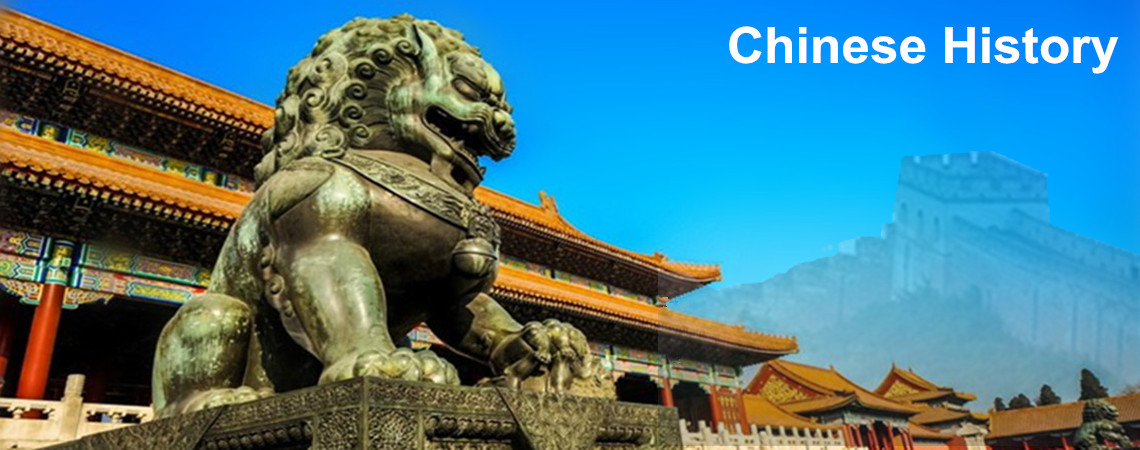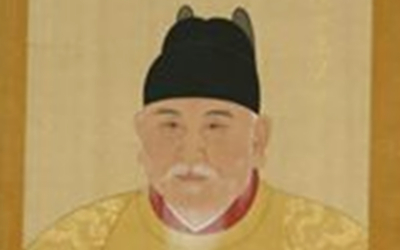
Zhu Yuanzhang
Zhu Yuanzhang (1328-1398 A.D), a native of Zhongli, Haozhou (today’s Fengyang County, Anhui Province), was the founder and first emperor of the Ming Dynasty.
 Zhu Yuanzhang was born into a poor family, and entered a Buddhist monastery called Huangjue Temple to avoid starvation when he was a teenager. In the 12th year of Zhizheng Reign of the Yuan Dynasty (1352), he joined a gang of rebels, called Red Turban Movement led by Guo Zixing.
Zhu Yuanzhang was born into a poor family, and entered a Buddhist monastery called Huangjue Temple to avoid starvation when he was a teenager. In the 12th year of Zhizheng Reign of the Yuan Dynasty (1352), he joined a gang of rebels, called Red Turban Movement led by Guo Zixing.
In the 28th year of Zhizheng Reign of the Yuan Dynasty (1368), he proclaimed himself the emperor of “the Great Ming” in Nanjing and adopted “Hongwu” as the title of his reign, establishing a unified feudal regime of the country. In the same year, his army occupied the capital city of Dadu (today’s Beijing), overthrowing the regime of the Yuan Dynasty. In the 20th year of Hongwu Reign of the Ming Dynasty (1387), China was unified under the Ming rule.
During his reign, Zhu Yuanzhang adopted policies to develop production and to restore the strength of the state, leading to an agricultural boom. The Hongwu Emperor conducted vital statistics and land reform. Some of his other achievements include averaging taxes, harnessing waters, exploiting wasteland to grow grain, and releasing the slavery on craftsmen. Zhu Yuanzhang stepped up the effort to fight against corruption and to strengthen the country’s law. The emperor revamped the traditional Confucian imperial examination system, from which potential state officials were selected, based on merit and their knowledge of literature and philosophy. The Criminal Law of the Ming Dynasty complied under Zhu Yuanzhang’s direction was a representative code in the late feudal society of China. The Hongwu Emperor attempted the consolidation of control over all aspects of government. He abolished the Chancellor’s post, which had been head of the main central administrative body under past dynasties.







 Ask Questions ?
Ask Questions ?